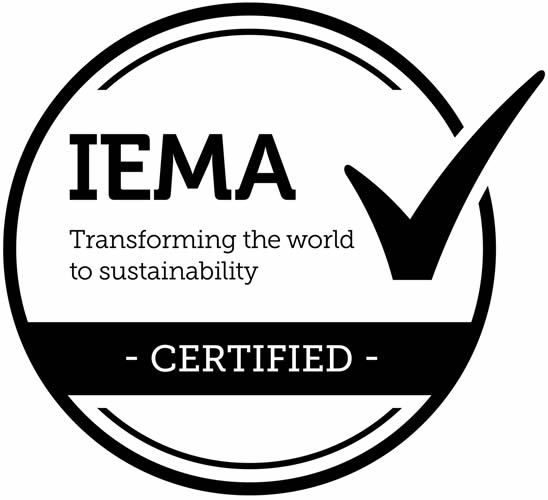You are here
- Home
- To Touch is To Know - Haptic Inquiry for Primary School Citizen Science
css pmedia
To Touch is To Know - Haptic Inquiry for Primary School Citizen Science
School of Engineering and Innovation researcher Lisa Bowers is co-author on a recent paper which introduces a new approach to citizen science in primary schools. The paper posits that integrating haptic technologies will considerably augment student participation with scientific, environmental teaching and learning tasks. The project joined together a transdisciplinary research team from several academic institutes - the University of Edinburgh, Imperial College London, and The Open University. The paper "'To Touch is To Know': Haptic Inquiry for Primary School Citizen Science," details a new approach to engaging young learners in environmental understanding.
For years, citizen science initiatives have encouraged children to collect data, often relying heavily on visual identification. However, the team behind the transdisciplinary ‘SENSE: Sensory Explorations of Nature in School Environments’ project argues that this overlooks a crucial sensory pathway to knowledge. Primary Investigator Professor Laura Colucci-Gray stated "We found that when children engaged with nature through touch, their attention was focused differently than if they were just looking," and "It led them to ask different scientific questions and inquiries, moving beyond simply counting species to exploring more complex questions about 'who decides what matters in nature observation' and 'for whom' is the learning."
The study was conducted in three primary schools across Scotland, and introduced children aged 7-9 yrs to a range of innovative nature-based haptic experiences. This research highlights the potential for this haptic approach to significantly broaden children's participation in citizen science, allowing them to contribute to scientific understanding on their own terms. The research team hopes their findings will encourage educators to integrate diverse sensory experiences into science curricula, opening up exciting new avenues for children to engage with the natural world and address complex environmental questions. The implications for making citizen science a more meaningful and impactful part of primary school education are significant, promising a generation of young scientists who truly "know" their world through all their senses.
Read tjhe full paper here: https://oro.open.ac.uk/104267/





